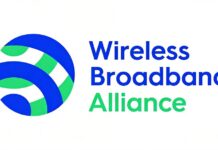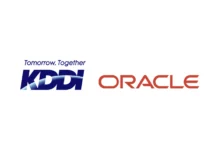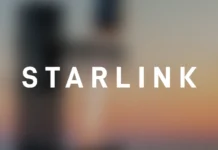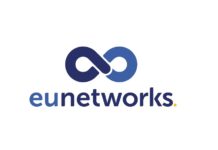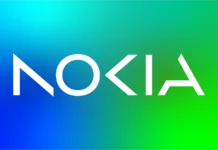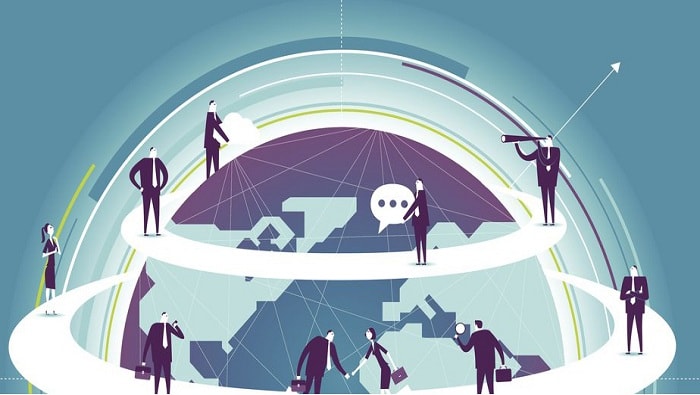Earlier this year Ammado, a Dublin-based online donation platform, were under fire when a C-level executive absconded with over 3 million euros owed to charities. The Airbus Foundation, the charitable branch of Airbus who were previously customers of Ammado, luckily lost no funds during the scandal. However, this inspired our team at A3, the Silicon Valley outpost of Airbus, to develop a solution for this issue and prevent further misappropriation of donations.
The solution became what is now known as Heritage, an open-source project on the Ethereum blockchain that offers a dApp for managing cryptocurrency donations. This project was created with the intent to assist charities onboarding cryptocurrency and smart contracts, and we believe blockchain has the potential to help charities in three critical ways:
#1 Increases accountability & reduces the custodian-of-funds issue
The scandal with Ammado is one of many examples of how the custodian-of-funds issue can be a challenge for many organizations. Three years ago, an article in The Guardian outed four major US charities after they were found guilty of misusing donations. Of those charities the Cancer Fund of America was placed on America’s Worst Charities list after it was found to have collected $86.8 million dollars in donations, only 1% of which actually made it to cancer patients. That same year The Children’s Cancer Fund of America and Breast Cancer Society Inc. were shut down for the same reason.
As long as there are middle men managing funds, there is no way to ensure donations will get to their intended destination. Blockchain technology helps increase accountability within organizations and prevent future misuse of these funds.
The nature of a distributed ledger and the consensus model that governs it, ensures that all transactions are secure and accounted for. Since each transaction builds onto the blockchain, there is no way for it to be manipulated. With this issue out of the way, so they can rest assured their donations are being used for their intended purpose.
#2 Improving workflow and efficiency
As the world moves to digital, charitable organizations need a digital donation platform they can trust. Within the past year, privacy issues have been a struggle for many companies collecting important information. We saw the fallout of Cambridge Analytica and the Facebook scandal and the impact that had on how we feel about online/digital platforms and privacy.
Non-profit organizations are no exception to this issue. These organizations want to ensure they have an efficient and reliable platform for managing donations. Many have to turn to third-parties as a result, which tend to take time and resources that could be put towards their cause instead. In addition to the concern about privacy issues and whether these third-party sites are safe from possible attacks, organizations also have to be concerned with the amount of time and resources it will take to get these accounts and sites up and running. These additional steps often slow their internal processes.
Blockchain has the potential to solve this issue by offering a secure, reliable, and efficient way to manage donations and allow for efficient workflow. With the use of smart contracts, organizations don’t have to rely on intermediaries to confirm transactions and can proceed faster than they would in the traditional workflow model.
Many organizations are experimenting with ways blockchain technology can help improve their internal processes and overall workflow. Companies like IBM are working with blockchain technology to improve workflow efficiency and supply chain management in a number of industries from shipping to manufacturing – and more companies are following suit. We believe a plethora of companies and organizations will incorporate blockchain technology as more case-studies about the benefits in speeding up internal processes appear.
#3 Innovation is a risk for non-profits
While many major businesses benefit from innovation and continue to offer time and resources to projects dedicated to moving their companies forward, non-profits, who often lack the time and resources, fall behind. Though these organizations can benefit from innovation like most companies, it’s riskier for non-profits to sacrifice their time and resources because any investment in innovation is at the detriment of their cause.
As many non-profits often outsource and rely on third-parties, relieving them of this would not only allow them to innovate on similar scale to traditional companies but offer them the resources needed to benefit their cause or mission.
At Heritage, we also believe that it’s beneficial to open nonprofits and charitable organizations to a new type of donor. Many within the cryptocurrency community are beginning to see the need for blockchain and cryptocurrency for social impact and as more investors enter this space, it’s comes with a great benefit to the nonprofit sector.
The future is bright for nonprofits onboarding blockchain and cryptocurrency
Overall, we’re excited about the ways in which blockchain will benefit nonprofits. Our team at Heritage is continuing to explore other ways we can benefit these organizations by collaborating with other blockchain projects and utilizing current blockchain protocols to continue to build use-cases for those seeking new blockchain solutions.
We’re working with ERC-721, a community developed standard that offers a non-fungible (non-currency) tokens representing unique, physical, and digital goods on the Ethereum blockchain. Each donation made through the Heritage platform are stored as ERC-721 tracked assets.
We believe the Ethereum blockchain in particular provides great promise for non-profit organizations as it is the leading platform for smart contract deployment and offers the largest number of projects, the most developers, and the highest market cap.
We’re also working with Maker Dao who have developed the Dai, an asset-backed stable coin that helps protect users from price volatility. We believe working with partners like Maker will further create a secure, efficient, and transparent way for nonprofits to receive donations and continue to build use-cases for blockchain-based giving in the future.
The key to offering these solutions is community and we look forward to seeing the blockchain community continue to develop and include those seeking to promote change in the world, We’re excited to continue to see how blockchain will benefit nonprofits and charitable organizations.
Written by Alex Sherbuck, Project Executive A3 by Airbus, will be speaking on the Panel ‘Blockchain for public services and social good’, Day 2 of the Blockchain Expo North America.



